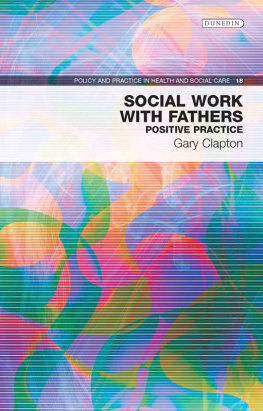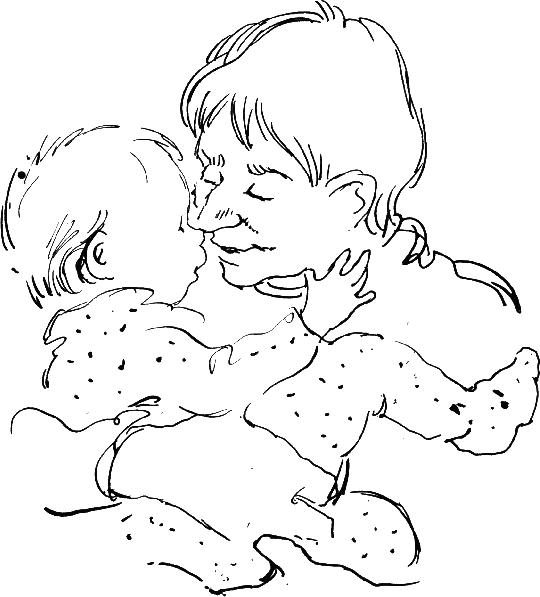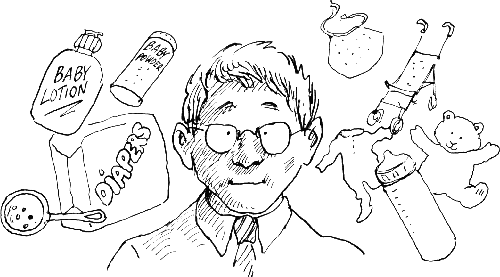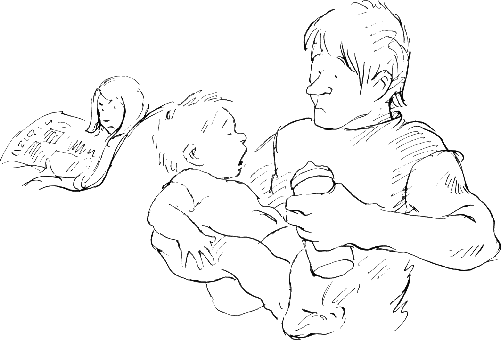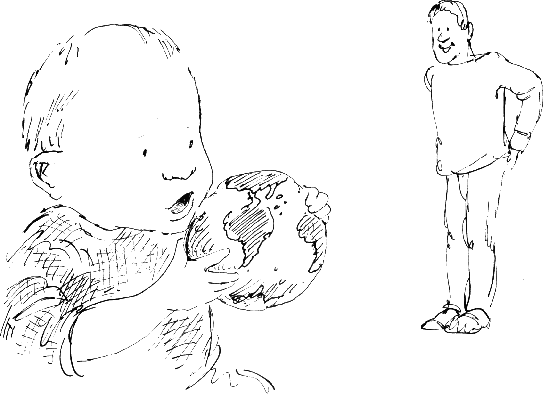Jean Marzollo - Fathers and Babies: How Babies Grow and What They Need from You, from Birth to 18 Months
Here you can read online Jean Marzollo - Fathers and Babies: How Babies Grow and What They Need from You, from Birth to 18 Months full text of the book (entire story) in english for free. Download pdf and epub, get meaning, cover and reviews about this ebook. year: 2010, publisher: HarperCollins, genre: Children. Description of the work, (preface) as well as reviews are available. Best literature library LitArk.com created for fans of good reading and offers a wide selection of genres:
Romance novel
Science fiction
Adventure
Detective
Science
History
Home and family
Prose
Art
Politics
Computer
Non-fiction
Religion
Business
Children
Humor
Choose a favorite category and find really read worthwhile books. Enjoy immersion in the world of imagination, feel the emotions of the characters or learn something new for yourself, make an fascinating discovery.

- Book:Fathers and Babies: How Babies Grow and What They Need from You, from Birth to 18 Months
- Author:
- Publisher:HarperCollins
- Genre:
- Year:2010
- Rating:3 / 5
- Favourites:Add to favourites
- Your mark:
Fathers and Babies: How Babies Grow and What They Need from You, from Birth to 18 Months: summary, description and annotation
We offer to read an annotation, description, summary or preface (depends on what the author of the book "Fathers and Babies: How Babies Grow and What They Need from You, from Birth to 18 Months" wrote himself). If you haven't found the necessary information about the book — write in the comments, we will try to find it.
Fathers and Babies is a light and reassuring introduction into the world of fatherhood. Fathers today want to be, and are expected to be, involved parents who bond with their children and help them thrive. Yet, sadly, many new fathers feel excluded from the loop of child care.
Because most fathers dont get to spend as much time with their babies as mothers do, men dont learn the everyday skills of baby care. When they attempt to help out during evenings and on weekends, they frustrate themselves and those they are trying to help. Instead of becoming closer to their children, many fathers withdraw, conceding the domain of parenting to mothers. This is unfair to mothers, fathers, and their children.
What fathers desperately need is a special baby care training manual that will teach them how to fix a bottle, soothe a bay in the middle of the night, and help a child learn to talk. Fathers who are primary caregivers gain these skills easily. But most fathers are not primary caregivers; and because they cant spend more time with their children, they need help in order to become the great fathers they want to be.
Fathers and Babies provides step-by-step instructions accompanied by humorous, real-life pictures that show fathers what to do. The book also explains the important perceptual abilities, language skills, muscular coordination, strength, and concepts of trust and self-esteem that babies need to develop during the first eighteen months of life. The more fathers know about these critical developments, the more fathers will be able to help their babies achieve and the more worthy they will feel as parents.
Jean Marzollo: author's other books
Who wrote Fathers and Babies: How Babies Grow and What They Need from You, from Birth to 18 Months? Find out the surname, the name of the author of the book and a list of all author's works by series.



